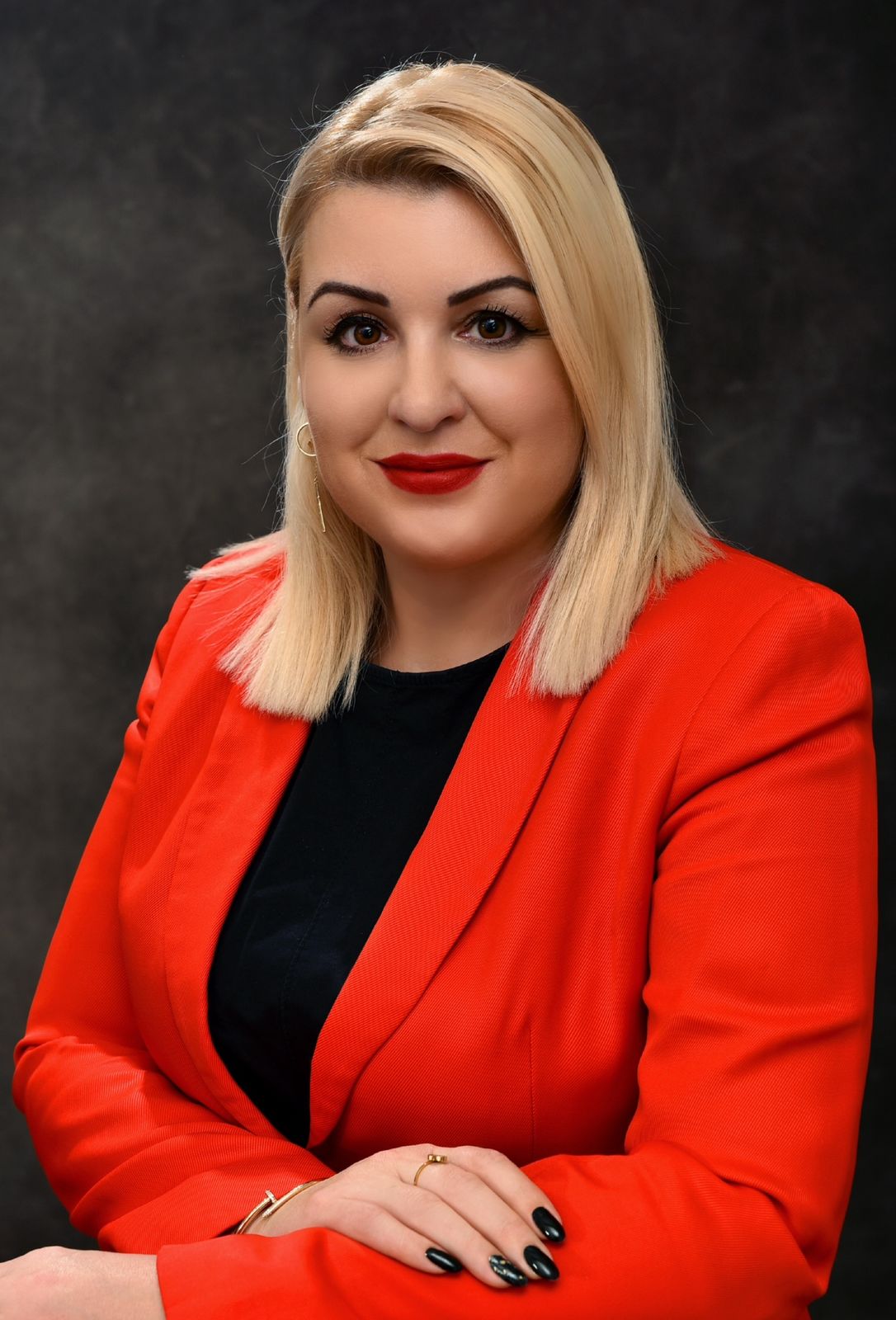Jonida Bushi
@fgjh.edu.al
Professor at the University of Tirana
university of tirana
RESEARCH, TEACHING, or OTHER INTERESTS
Language and Linguistics, Education, Linguistics and Language, Multidisciplinary
Scopus Publications
Scholar Citations
Scholar h-index
Scopus Publications
Ema Kristo and Jonida Bushi Gjuzi
Goce Delchev University - Shtip
Errika Voutyritsa, Thomai Lazou, Jonida Bushi, Stavroula Margaritaki, Myrto Charitaki, Sune M. Christensen, Nikos S. Hatzakis, and Kelly Velonia
Royal Society of Chemistry (RSC)
An oxygen tolerant, eosin Y/TEMED mediated, photoinduced polymerization approach was optimized to graft hydrophobic, hydrophilic, and responsive polymers from protein macroinitiators, avoiding conventional metal catalysts.
Jonida Bushi, Ema Kristo, and Endri Papajorgji
Richtmann Publishing
Verbal mistake corrections occur frequently during the process of learning a foreign language and are usually initiated by the teacher. Foreign language teachers have a significant impact on the behavior of verbal correction, thus influencing the organization of in-class discussions and the acquisition of a foreign language. Making mistakes during foreign language learning is no longer seen as a deficiency of language skills. On the contrary, making mistakes is a completely normal part of the process during foreign language acquisition. Fundamentally, mistake correction should be seen as a good opportunity for the students. They show the current acquiring status of the student; teachers understand where it is necessary to replicate knowledge and profoundly acquire it. The main topic of this article is correcting mistakes when speaking in a foreign language. The article addresses issues closely related to the main topic such as: What mistakes do teachers usually correct and how? When do teachers correct mistakes? In what situation do they immediately intervene / not intervene? What do teachers do after the correction? Who corrects during the lesson? How do teachers encourage self-correction? In addition to the theoretical contributions in this field, we have tried to answer these questions through surveys and questionnaires by evaluating the answers we have received from 90 German language teachers. The analyses of the questionnaire as well as the conclusions are presented at the end of this article.
 
 Received: 14 December 2021 / Accepted: 7 February 2022 / Published: 5 March 2022
Jonida Bushi and Endri Papajorgji
Richtmann Publishing
This article deals with the peculiarities of translating legal terminology from German into Albanian and vice versa. Legal texts constitute an important part of translation into both languages. Translations of legal texts in Albania have increased since the latter's attempts to join the EU. European Union translation materials are in large volumes and require a lot of work. Therefore, the request for translation of legal documents, such as provisions or court decisions into other languages of the Union, including German, has increased. Despite institutional efforts to draft a glossary of legislation with the cooperation of professionals led by the OSCE (Organization for Security and Cooperation), as well as some efforts made in compiling Albanian-German legal dictionaries, there are no genuine publications in the Albanian language that handle the problems of translation in this field. Since technical legal language is a practical or institutional language, it is characterized by a high percentage of technical terms as well as a standardized sentence structure. Legal language is characterized by accuracy and clarity. Received: 5 May 2021 / Accepted: 23 June 2021 / Published: 8 July 2021

